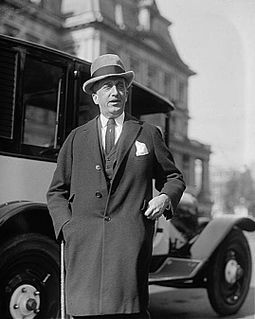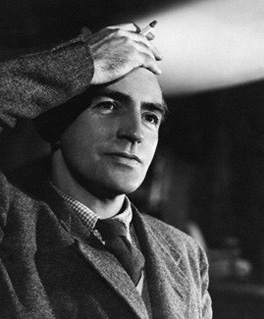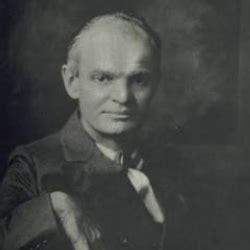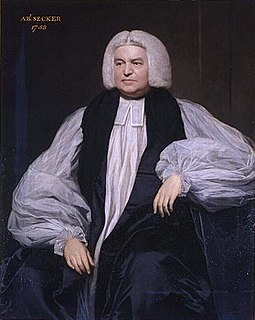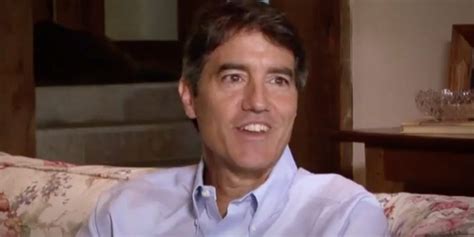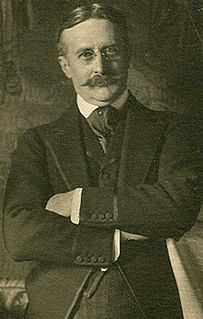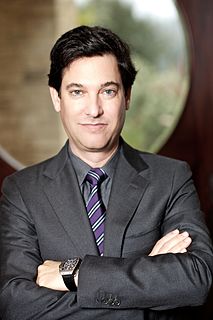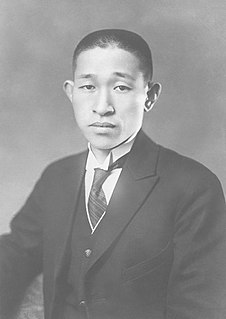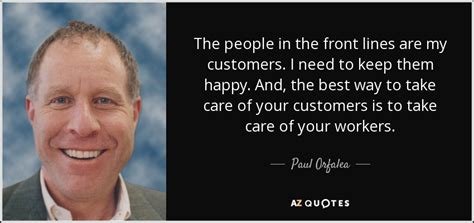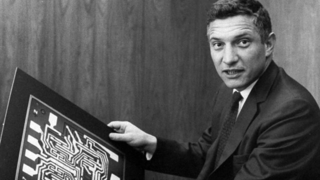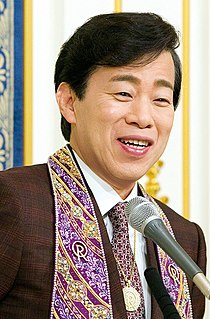A Quote by J. Ogden Armour
Whoever admits that he is too busy to improve his methods, has acknowledged himself to be at the end of his rope. And that is always the saddest predicament which any one can get into.
Related Quotes
Good work is no done by "humble" men. It is one of the first duties of a professor, for example, in any subject, to exaggerate a little both the importance of his subject and his own importance in it. A man who is always asking "Is what I do worth while?" and "Am I the right person to do it?" will always be ineffective himself and a discouragement to others. He must shut his eyes a little and think a little more of his subject and himself than they deserve. This is not too difficult: it is harder not to make his subject and himself ridiculous by shutting his eyes too tightly.
Any piece of knowledge which the pupil has himself acquired- any problem which he has himself solved, becomes, by virtue of the conquest, much more thoroughly his than it could else be. The preliminary activity of mind which his success implies, the concentration of thought necessary to it, and the excitement consequent on his triumph, conspire to register the facts in his memory in a way that no mere information heard from a teacher, or read in a schoolbook, can be registered.
Whoever is wise is apt to suspect and be diffident of himself, and upon that account is willing to "hearken unto counsel"; whereas the foolish man, being in proportion to his folly full of himself, and swallowed up in conceit, will seldom take any counsel but his own, and for that very reason, because it is his own.
Thirdly, the supreme power cannot take from any man any part of his property without his own consent: for the preservation of property being the end of government, and that for which men enter into society, it necessarily supposes and requires, that the people should have property, without which they must be supposed to lose that, by entering into society, which was the end for which they entered into it; too gross an absurdity for any man to own.
Henry James once defined life as that predicament which precedes death, and certainly nobody owes you a debt of honor or gratitude for getting him into that predicament. But a child does owe his father a debt, if Dad, having gotten him into this peck of trouble, takes off his coat and buckles down to the job of showing his son how best to crash through it.
Whoever has not arrived at the clear insight that there might be greatness entirely outside his own sphere for which he has no understanding, whoever does not have at least a dim inkling in which area of the human spirit this greatness might be situated: he is within his own sphere either without genius, or he has not educated himself up to the point of the classical attitude.
Whoever would entitle himself after death through the merits of his Redeemer, to the noblest of rewards, let him serve God throughout life in this most excellent of all duties, doing good to our brethren. Whoever is sensible of his offences, let him take this way especially of evidencing his repentance.
There are three infallible ways of pleasing an author, and the three form a rising scale of compliment: 1, to tell him you have read one of his books; 2, to tell him you have read all of his books; 3, to ask him to let you read the manuscript of his forthcoming book. No. 1 admits you to his respect; No. 2 admits you to his admiration; No. 3 carries you clear into his heart.
A Christian should put away all defense and make no attempt to excuse himself either in his own eyes or before the Lord. Whoever defends himself will have himself for his defense, and he will have no other. But let him come defenseless before the Lord and he will have for his defender no less than God Himself.
The safe and general antidote against sorrow is employment. It is commonly observed, that among soldiers and seamen, though there is much kindness, there is little grief; they see their friend fall without any of that lamentation which is indulged in security and idleness, because they have no leisure to spare from the care of themselves; and whoever shall keep his thoughts equally busy will find himself equally unaffected with irretrievable losses.
